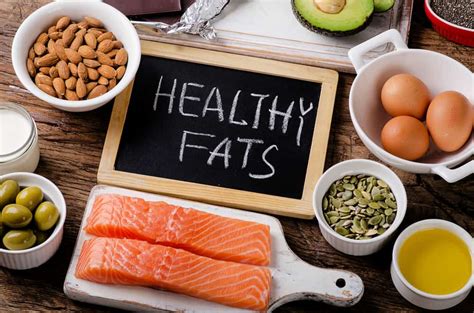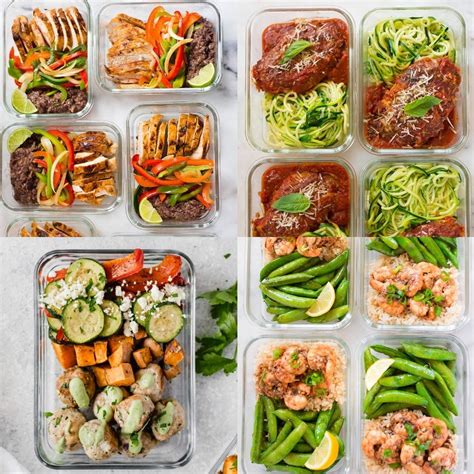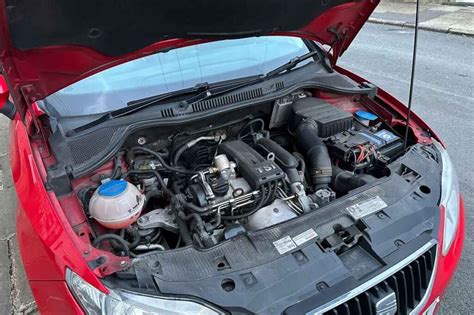Building muscle often comes with the misconception that it requires an expensive grocery bill filled with exotic superfoods and premium supplements. However, this couldn’t be further from the truth. With smart planning, strategic shopping, and an understanding of essential macronutrients, you can fuel your muscle growth effectively without emptying your wallet.
The Core Principles of Budget Muscle Building
The foundation of any muscle-building diet, budget or not, revolves around adequate protein intake, complex carbohydrates for energy, and healthy fats for overall bodily functions. The key on a budget is to identify the most cost-effective sources for each of these.
Focus on whole, unprocessed foods. These are typically cheaper per serving than highly processed alternatives and offer more nutritional value. Cooking at home is another non-negotiable step; eating out frequently, even at fast-food establishments, quickly adds up and rarely provides optimal nutrition for muscle growth.

Prioritizing Protein: Your Muscle-Building MVP
Protein is paramount for muscle repair and growth. Thankfully, many excellent sources are quite affordable:
- Eggs: An incredibly versatile and complete protein source. Buy them in bulk.
- Legumes: Lentils, chickpeas, and various beans are packed with protein and fiber, and extremely cheap. They can be a base for many meals.
- Canned Fish: Tuna, sardines, and mackerel offer high-quality protein and omega-3s for a low price. Look for options packed in water to reduce fat content if preferred.
- Chicken Thighs/Drumsticks: Often cheaper than breasts, these cuts are still high in protein and can be very flavorful.
- Ground Turkey/Beef: Look for sales on leaner ground meats. Buying larger packages when discounted and portioning/freezing is a smart move.
- Cottage Cheese & Greek Yogurt: Excellent sources of casein and whey protein, respectively. Buy larger tubs for better value.

Smart Carb Choices for Energy and Recovery
Carbohydrates fuel your workouts and aid in recovery. Opt for complex carbs that provide sustained energy:
- Oats: Inexpensive, versatile, and a great source of fiber. Perfect for breakfast or a pre-workout meal.
- Rice: Brown or white rice is a staple. Buy in large bags for significant savings.
- Potatoes: Sweet potatoes and regular potatoes are nutrient-dense and very affordable, especially when bought in bulk.
- Whole Grain Pasta: A budget-friendly way to get complex carbs, particularly when paired with protein and vegetables.
- Bananas & Frozen Berries: Good for quick energy and antioxidants. Frozen berries are often cheaper than fresh and last longer.
Healthy Fats on a Dime
Healthy fats are crucial for hormone production and nutrient absorption. Don’t overlook these budget-friendly options:
- Olive Oil & Canola Oil: Essential for cooking and dressings. Buy in larger containers.
- Nuts & Seeds: While some can be pricey, peanuts and sunflower seeds are generally very affordable and provide healthy fats, protein, and fiber.
- Avocado: Keep an eye out for sales; while not always cheap, they are a fantastic source of monounsaturated fats.

Strategic Shopping and Meal Prep
Your approach to grocery shopping and meal preparation can make or break your budget:
- Buy in Bulk: Grains, legumes, and even some meats are cheaper when bought in larger quantities.
- Shop Sales & Use Coupons: Plan your meals around what’s on sale each week.
- Utilize Frozen Produce: Frozen fruits and vegetables are often cheaper than fresh, just as nutritious, and prevent waste.
- Meal Prep: Dedicate a few hours each week to cook larger batches of food. This saves time, reduces the temptation to buy expensive takeout, and ensures you have healthy meals ready.
- Make a List & Stick To It: Avoid impulse buys by going to the store with a clear plan.

Sample Budget-Friendly Meal Ideas
- Breakfast: Oatmeal with a scoop of peanut butter and a sliced banana. Scrambled eggs with frozen spinach.
- Lunch: Lentil soup with whole-grain bread. Tuna salad (with Greek yogurt instead of mayo) on whole wheat crackers.
- Dinner: Chicken and rice with steamed frozen broccoli. Bean and veggie chili. Ground turkey stir-fry with rice and frozen mixed vegetables.
- Snacks: Cottage cheese with berries. Hard-boiled eggs. A handful of peanuts.

Conclusion: Build Muscle, Save Money
Fueling muscle growth doesn’t demand a lavish budget. By focusing on nutrient-dense, affordable whole foods, employing smart shopping strategies, and prioritizing home cooking and meal preparation, you can achieve your fitness goals without financial strain. Consistency, patience, and intelligent food choices are your most powerful tools on this journey.




